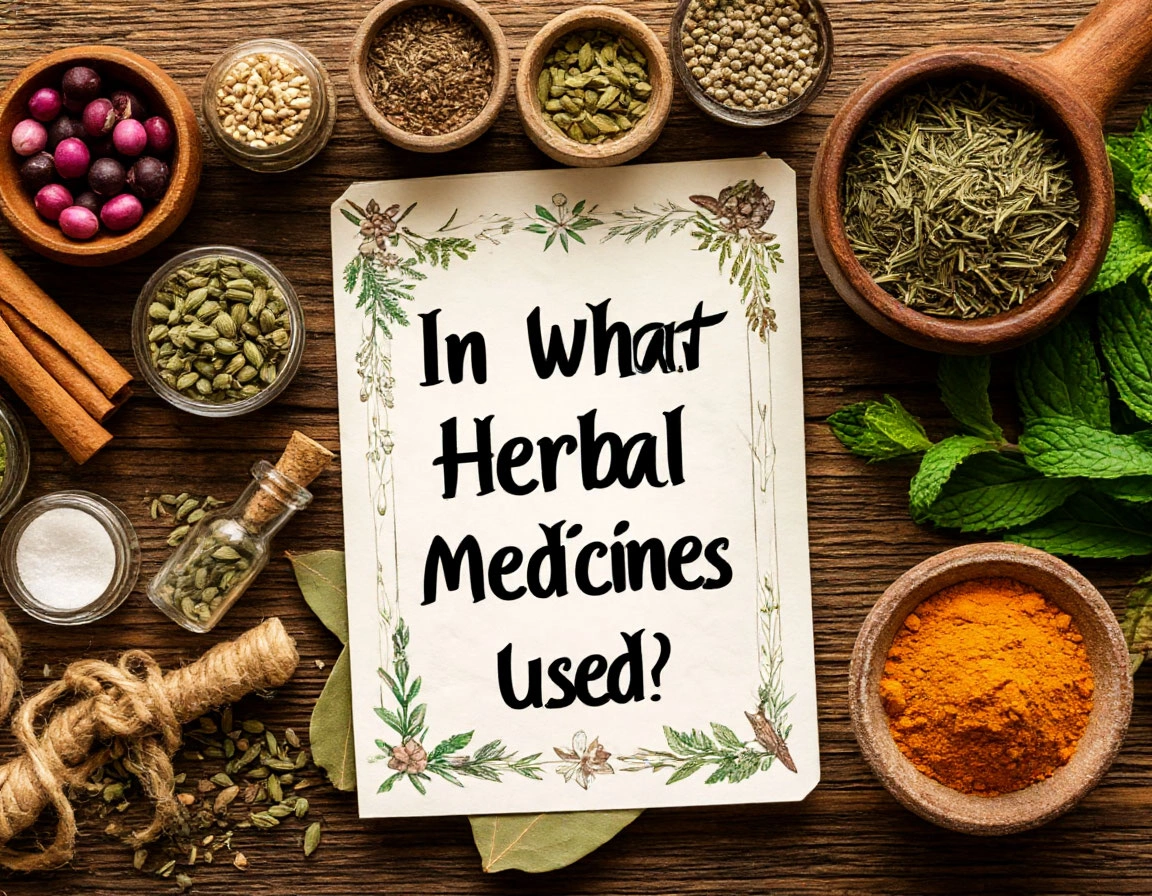💊 So Many Pills, So Different: Understanding the True Role of Supplements and Medicines
🔍 What’s in a Pill?
Today, pharmacy shelves are filled not just with medications but also with capsules, powders, and tablets labeled as “supplements” or “dietary aids.” They might look the same, but under the surface, their purposes, testing, and effects are worlds apart.
The key difference lies in their classification. Only medicinal products, commonly called medications, are meant to treat diseases. Their active substances are strictly regulated, carefully studied through both preclinical and clinical trials. These trials determine their effectiveness, potential side effects, proper dosage, and interactions with other drugs. The approval process is rigorous — it can take years or even decades before a new drug is made available to the public.
🧪 What Are Dietary Supplements, Really?

Unlike medications, dietary supplements (also called nutraceuticals or biologically active food additives) aren’t created to cure illnesses. Instead, they serve as nutritional support. A supplement might contain high concentrations of vitamins, minerals, amino acids, or plant-based compounds already found in our diets — just in more concentrated or convenient form.
These ingredients often have research suggesting they support certain body functions or promote overall well-being. But unlike medicines, supplements aren’t required to prove clinical effectiveness or undergo rigorous safety trials. Their main goal? To fill nutritional gaps, not to replace medical treatment.
🧬 Supplements vs. Medication: Why the Difference Matters
Take this example: if you're dealing with an acute infection such as cystitis or pyelonephritis, no amount of cranberry extract or herbal blend will replace the need for antibiotics. Only medications — with clearly studied mechanisms of action — can effectively treat these conditions.
However, supplements can still play a valuable role. They may:
- Help replenish deficiencies (like magnesium, iron, or vitamin D),
- Support immunity during flu season,
- Or act as a preventive measure for long-term health.
But what they can’t do is replace a proper medical treatment plan. It’s vital not to confuse the supportive with the curative.
🌿 What About Herbal Medicines?
Now comes another source of confusion: phytotherapy — the use of plant-based medicines. Are herbal remedies considered supplements?
Not always. Phytopharmaceuticals, or herbal medicines, are actual medications derived from plant sources. Unlike supplements, they:
- Go through clinical testing,
- Have clearly established dosages,
- Meet pharmaceutical quality standards.
The only thing that distinguishes them from conventional medicines is the origin of their ingredients — they’re derived purely from plants. That’s where the similarities with dietary supplements end. Because a true herbal medicine is prescribed to treat, not just support.
🧑⚕️ In What Areas Are Herbal Medicines Used?
Phytotherapy is gaining renewed interest across the globe, and for good reason. With the growing demand for natural treatments, more and more plant-based remedies are making their way into mainstream medicine — particularly in:
- Urology
- Nephrology
- Gynecology
- Pulmonology
- ENT (ear, nose, throat) medicine
- And other therapeutic fields
The advantage? When properly produced, herbal medicines offer the best of both worlds: natural origin + scientific validation. They're manufactured in controlled conditions to guarantee consistency in dosage and efficacy — something no off-the-shelf herbal supplement can promise.

⚖️ Supplements NOT Drugs: Why You Shouldn’t Self-Replace Prescriptions
It might be tempting to switch a prescribed medication for something “more natural” or seemingly similar. But that can be risky. The precise combination of compounds, their dosage, and interaction with other treatments are all factored into a medical prescription. Replacing it with a casual supplement — even one based on the same plant — can lead to unpredictable or ineffective results.
Close